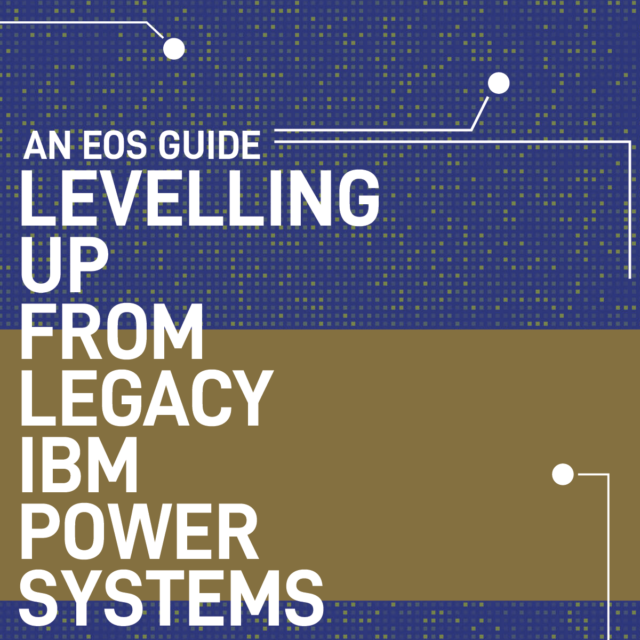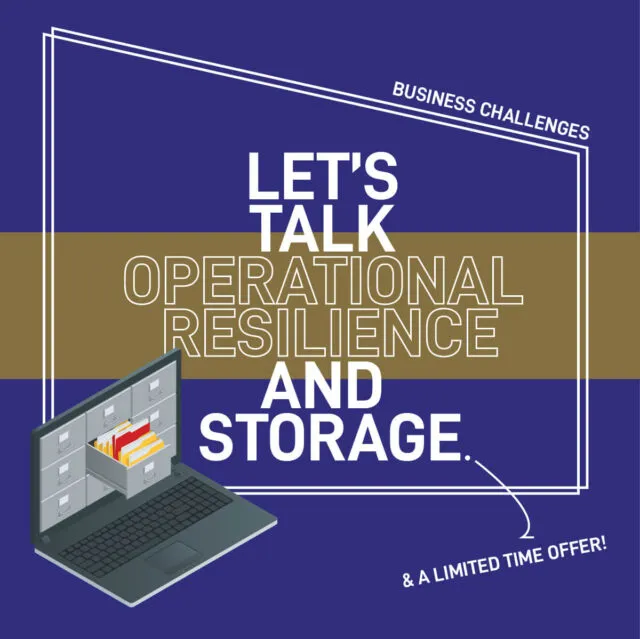5 Data Protection Must-Knows When Considering SaaS Solutions

Data Protection and Software-as-a-Service: The 5 Things Everyone Should Know
Cloud and Software-as-a-Service (SaaS) solution adoption continues to increase. From Google Workspace and Microsoft 365 to heavy-duty CRM suites like Salesforce, plenty of core business apps now come in a pay-per-month, cloud flavour.
SaaS providers are always keen to talk about the cost and efficiency benefits a move to the cloud can deliver – but they tend to be much less vocal about the potential impact on compliance and data protection. That’s because, without the right safeguards in place, moving to SaaS solutions can put compliance and business continuity at risk, all while costing you more than you expected.
Here are the five things everyone should know before they embrace the cloud.
1 – It’s your job to check if you’re still compliant
That daily, weekly, monthly, and yearly backup schedule you crafted for your on-premises software may have been signed-off, and in compliance with industry regulations.
When you take this previously on-premises software to the cloud though, that backup catalogue is no longer used. Instead, your SaaS provider’s own backup routines take priority. This could mean your data is only being kept for 30 days at a time. And sometimes, not even as long as that.
Always be aware of how a SaaS solution will affect data retention and double-check to make sure new backup catalogues meet your internal policies and relevant industry regulations. If they don’t, then CSI has a portfolio of products that can supplement the vendor’s data protection and put you back in control.
2 – The potential for data loss is real
Inadequate data retention policies don’t just put your compliance at risk, they also increase your exposure to costly data losses.
That kind of exposure is something few organizations can tolerate. Between Ransomware, hacking, other malicious attacks, and a whole spectrum of user errors, there are plenty of ways your data could be compromised – along with your brand’s reputation.
3 – Don’t rely on your provider’s restore features
Many SaaS solutions offer data restore functionality. But don’t be fooled. Unless you’re looking at a specific SaaS data protection solution, that restore won’t be everything it seems. A clear example of this is Microsoft 365. While it has to restore capabilities of a sort, every single restore costs tens of thousands of dollars – whether you’re bringing back a whole mailbox or just a single mail.
If you want true restore functionality without compromising on costs or capability, make sure you candidly assess what your SaaS provider offers – and take action to fill in the gaps as needed.
4 – The contract fine print is important
To be honest, when you last signed up for a personal SaaS app (such as Spotify or Netflix), did you really read all the terms and conditions? Probably not, and the same thing often happens when signing up for the likes of Salesforce or Microsoft 365.
It’s all too easy to just hit “accept” without considering the full ramifications of a SaaS contract. Doing so could put you at risk later down the line, so it’s always worth combing the T&Cs before you sign.
5 – There are hidden costs to consider
Though many will skim past the fine print of their SaaS contract, almost everyone will have a keen eye on their anticipated monthly costs. But the figure you see when you sign up may not tell the whole story.
Once you’ve switched to a SaaS provider, you’re often at their mercy. If they want to raise your prices, they can. If they want to charge you for a restore (or any other service) they can do that too.
Sure, you can cancel your subscription if you’re not happy with these charges, but then what happens to the data you’ve stored in the cloud? Can you guarantee you’ll be able to take it with you when you leave? Will there be egress charges for you to get it all back?
To avoid another migration, it’s worth considering what kinds of extra costs might come along with your SaaS subscription, and factoring these into your budget.
Silver linings in the cloud
While it’s important to go into the cloud with your eyes open, there’s no doubt that SaaS solutions can offer huge benefits and new opportunities. Provided you can keep these five data protection issues in mind, the cloud can be a great move for your business.
If you still have questions or concerns about how SaaS solutions will impact your data protection and what you should do about it, we’d be happy to hear from you.
Read more like this

IBM Power
Levelling Up from Legacy IBM Power Systems (An EOS Guide)
Why Modernisation Matters Modernisation is often about market competitiveness and relevance. For modernised organisations, offboarding outdated hardware is a matter…

IBM Power
Why Private infrastructure is better for AI
Running AI Models vs. Building New AI Models: Inferencing and Training To make informed platform choices depends on a clear…

Storage and Backup
Improving Operational Resilience (With AI-driven Technology)
The Financial Impact of Cyber Attacks is Underestimated On average, analysts have discovered, a cyber-attack will force a UK SME…
Ready to talk?
Get in touch today to discuss your IT challenges and goals. No matter what’s happening in your IT environment right now, discover how our experts can help your business discover its competitive edge.